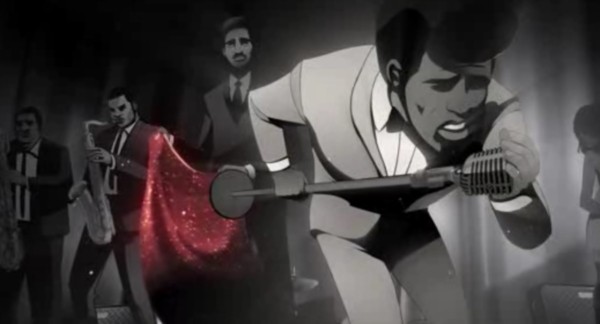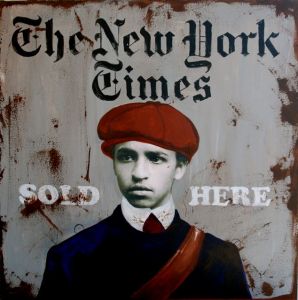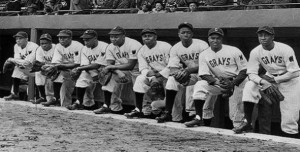Xavier Fauthoux from France was the grand prize winner of the James Brown Music Video Challenge with his biographical video for “It’s a Man’s, Man’s, Man’s World”.
The 2012 Challenge was in celebration of the James Brown catalogue being re-released on iTunes in May, and the re-issuing of the classic James Brown Live at the Apollo album later this year.
Saatchi & Saatchi partnered with Genero.tv, bringing together fresh filmmaking talent and iconic music with songs by the legendary James Brown.
Filmmakers were asked to choose one of the four iconic James Brown tracks, create a full length music video for it and upload it to Genero.tv before the deadline. Other than live footage, none of these songs had music videos, so this was a huge opportunity to be the director to make the official video for one of these tracks.
Fauthoux won a chance to work on a project in a key office in the Saatchi & Saatchi global network and $4,000.
Here is some of the interview with the winner:
Tell us a bit about your background and how you came about deciding to take part in the James Brown Music Video Challenge.
James Brown is one of those musicians who have profoundly changed things. His influence on twentieth century music is boundless. I’m a big fan of course of James Brown, and also I’m a musician (saxophonist player). When I worked in video games, I did concerts with funky music bands and DJ’s in nightclubs. But now i’m too old! I decided to take part in James Brown Music Video Challenge because it was a very good opportunity to show my work.
Other than the song itself, what was the inspiration behind your animated music video? Had you decided to depict the artist’s history from the beginning?
At the beginning, I called a friend – Daniel Bussière – a very impressive artist with an amazing work around Black music artists. I spoke to him to my ambition to make a video tribute to James Brown. I was looking for a very special idea. We found it: MUSIC IS THE KEY. It summarizes perfectly James Brown’s life. Motherless child, poverty, segregation, violence…
In 1930-1940, when you were a black child in Georgia, there was little chance to live in freedom. The only chance to survive and break the chains was sports or music. Nothing Else. Like Beau Jack, Louis Jordan, Bessie Smith, Billie Holiday and many others, they changed the perception the white man had of the Black man.





